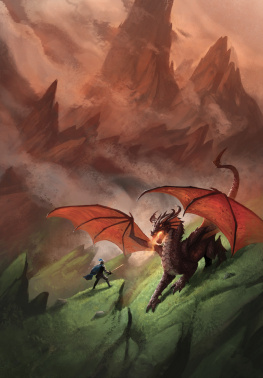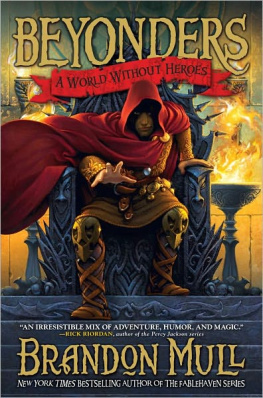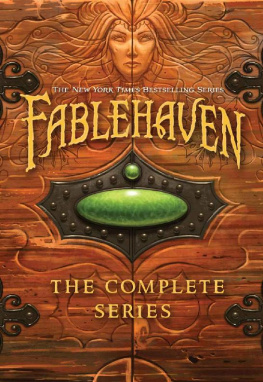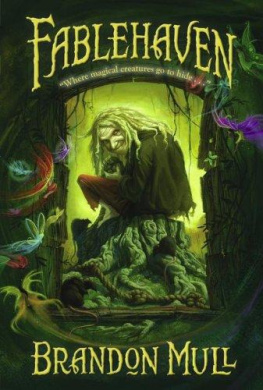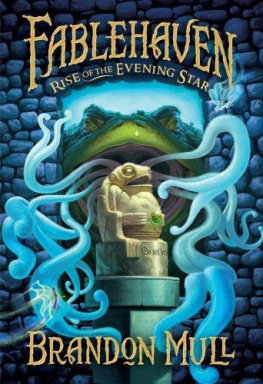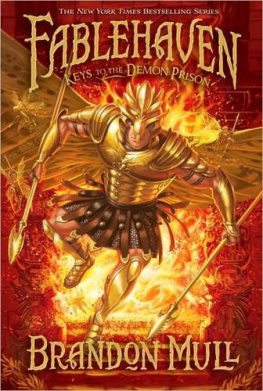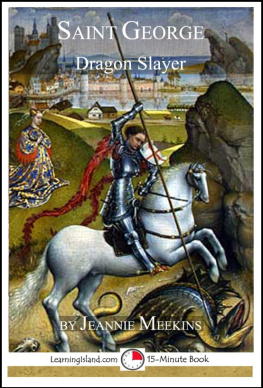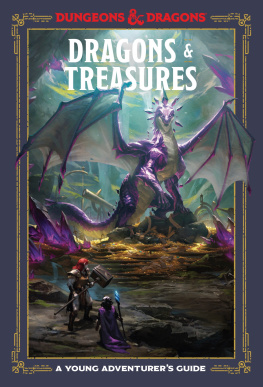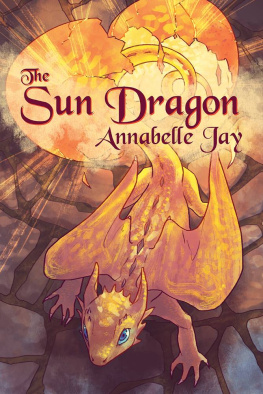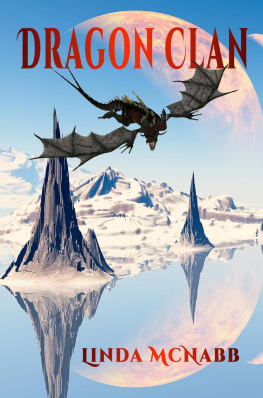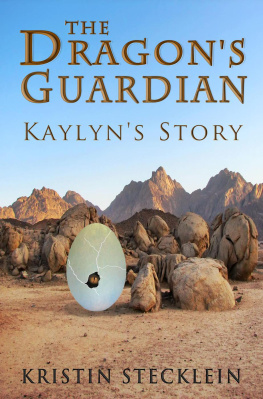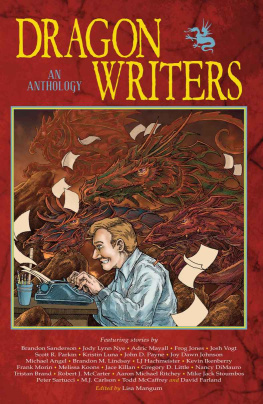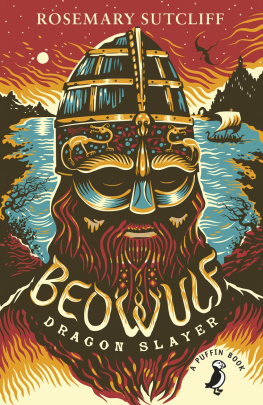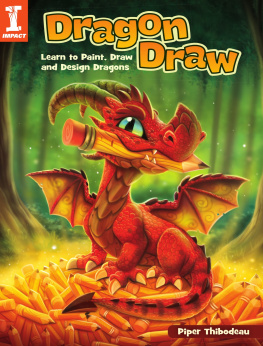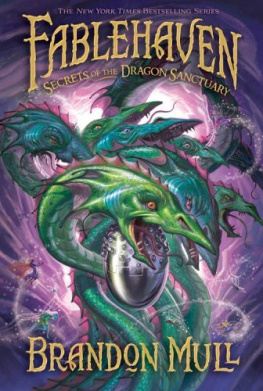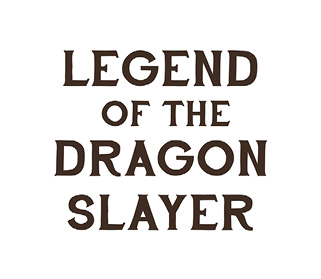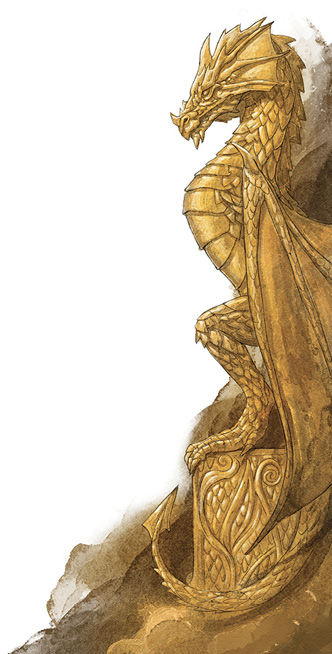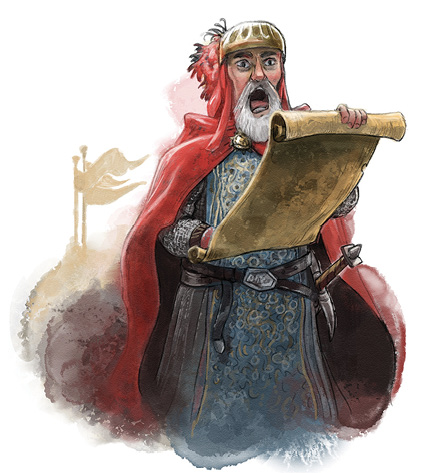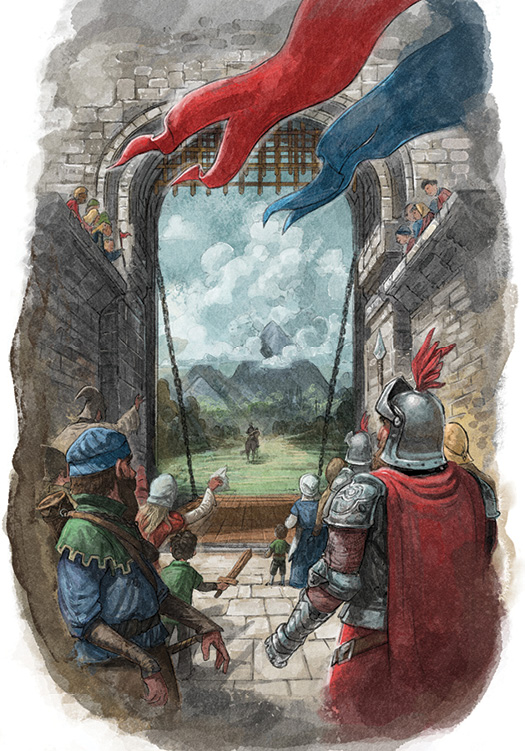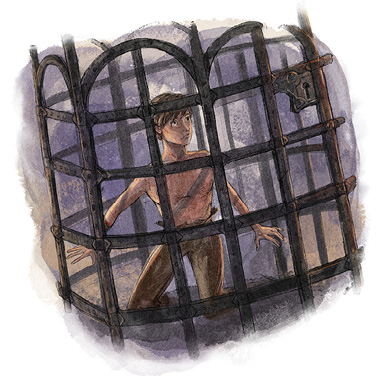To Chris Schoebinger, who got all of this started.
L ong ago, before the world had been properly mapped, King Titus feared for the kingdom he ruled. His beloved realm of Selona enjoyed modest prosperity but was hemmed in on all sides by terrible dangers. To the north, fierce yeti guarded their icy peaks. A merciless vampire haunted the eastern waterways. Access to the southern swamp was impeded by the arcane powers of the gorgon. And in the west, a deadly phoenix scorched his rocky domain.
O ne day in the late spring, the king issued a proclamation: Selona is growing, but we lack room to expand. My engineers believe we could drain the swamp to the south if only we had safe access. If any man will overthrow the gorgon, I shall grant him the title Earl of Farcastle, along with the associated estate and all pertaining lands, including the mill and the village of Drygap. This offer will stand for the next three days.
Many in the nation of Selona were astonished at the news, for the earldom of Farcastle was among the most prosperous in the kingdom, and though the recently deceased earl had left no direct heirs, the majority assumed the property would pass to one of many surviving nephews. But in Selona, the word of the king was law, and the people waited to see what brave soldier would come forward to claim the prize.
On the first day, many a seasoned soldier was heard grumbling that if he were ten years younger, he would slay the gorgon simply on principle. And plenty of tenderfoot soldiers were heard boasting that after gaining a bit more experience, they would make short work of the threat to the south and then donate the earldom to orphans. But not a single person accepted the challenge.
On day two, the proclamation was repeated by commanders to their companies, who encouraged the best of their men to rise up and accept the challenge of the king. Wives spoke of the opportunity to husbands, fathers repeated the challenge to sons, and sons fantasized with friends about becoming heroes. When it came to actual volunteers, a drunkard made some vague boasts before staggering away, and a child of seven years tried to sign up until his mother carried him off, but not a single viable applicant came forward.
By day three, the king and his closest advisers began to worry that perhaps the bravest and best of the men of Selona had already attempted to dispose of the threats and failed, leaving behind none bold enough to fill their boots. Near the end of the third day, as the shadows grew long across the town square, an unlikely candidate approached to volunteer.
Konrad, the cobblers son, was a tall and gangly youth of seventeen. Given to reading more than to action, he had taken up three different apprenticeships only to get dismissedtwice for trying to invent new processes before mastering the basics, and once for talking too much. He was liked well enough by the children who listened to his stories, but many in the older generation felt sorry for the cobbler, whose only offspring seemed a lazy dreamer.
I may be untested, and I admittedly lack training as a soldier, but I have a willing hand and strength to bear a sword, Konrad said. I have wrestled with my impulse to step forward since the proclamation was issued, but I can resist no longer. I will slay the gorgon, though I have neither weaponry nor supplies.
After a stunned silence, and some muffled laughs from bystanders, the recruiters realized this might be the only offer they would receive. So, after the sun went down, Konrad was ushered to stand before the king. The candidate was met with graciousness on the surface and despair behind closed doors, for nobody expected the untried youth to succeed where seasoned mercenaries had failed. Nevertheless, Konrad received a horse, leather armor, new boots, a dagger, and a short sword. More imposing armaments were offered, but they seemed cumbersome to Konrad, who also rejected the weight of a helm and a shield.
The following day at first light, Konrad rode away, leaving behind the cheers of the village and the tears of his mother. Not one person expected to see him again, and, besides the cobblers household, nobody bothered to mourn him. Weeks went by and the days grew hotter, leaving his departure mostly forgotten until, late one blistering afternoon, Konrad returned, gaunt, bedraggled, clothes soiled and torn. Once his identity had been established, the beggarly figure was escorted into the castle to recount his tale before a small, impromptu audience, including the king.
I left my horse at the brink of the swamp and proceeded on foot, squelching through mud that gripped to the knee, eventually swimming more than walking. Whoever endeavors to drain that swamp has a mighty labor ahead. I will not tell all the tales I could of leeches and snakes, of quicksand and spiders, of pagan totems and scattered bones. Let it suffice to say that after languishing in fetid water for days, my body an exhibition of rashes, bites, and sores, I discovered an expanse of deep water in the midst of the bog.
Out toward the middle of this pond, I spied a primitive hut adrift on a wooden raft. Human skeletons dangled from crude rafters. I approached with caution, though an unseen splash hinted that my presence was no mystery. My friends will tell you that I am a standout swimmer, but as I stroked toward the hut, strong hands seized me and pulled me deep, to my supposed doom.
I awoke caged at the rear of a warm room that reeked of unsavory spices. My hair still wet, Id been stripped to the waist, boots and weapons gone. From the slow rotation of the room, I understood that I was now inside the hut I had identified.
A foul cauldron frothed in the center of the room, and beside it coiled a grotesque woman. From the waist down she was a huge snake, with a row of sharp quills bristling along the top ridge of her serpent tail. Tightly knit scales sheathed her humanoid torso, and her hideous face was wretched beyond description, with needle teeth and black, soulless eyes. Slime entangled her long, weedy hair.
Some say the gaze of a gorgon can turn a man to stone. I can only report that, although my body remained fleshy, I lost the ability to move at the sight of her, so great was my loss of courage.
As I watched the gorgon add bizarre ingredients to her roiling cauldroncrushed herbs and carved stones and pickled organsher glances at me soon suggested that I would be the final inclusion to her devilish stew. While stirring the hellbroth, she howled out the window, provoking savage replies from the denizens of the swamp. When at last she approached my cage, fiendishly grinning, I withdrew to the rear of the rusty enclosure.

